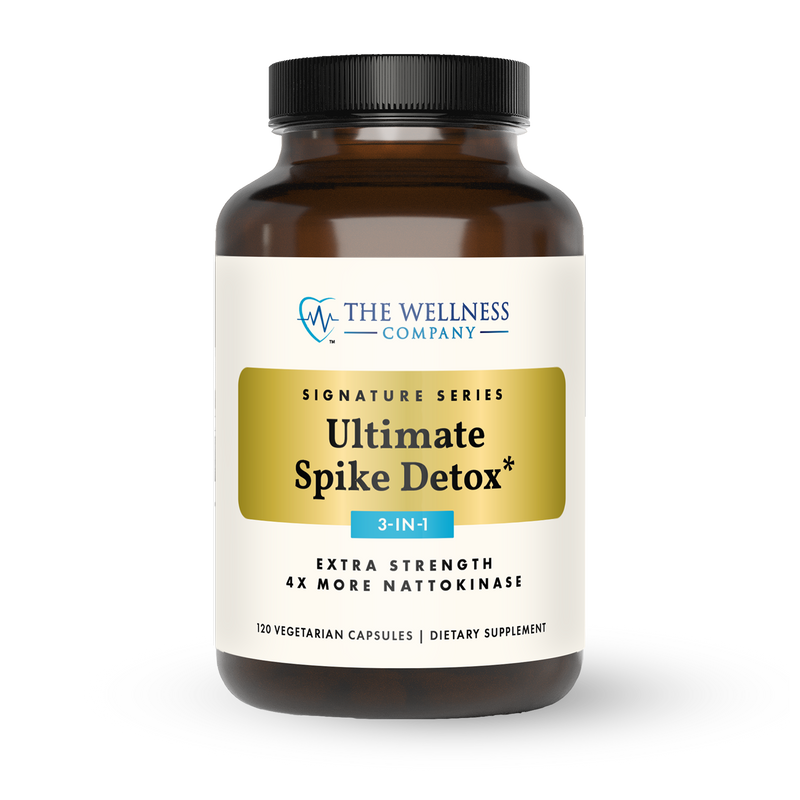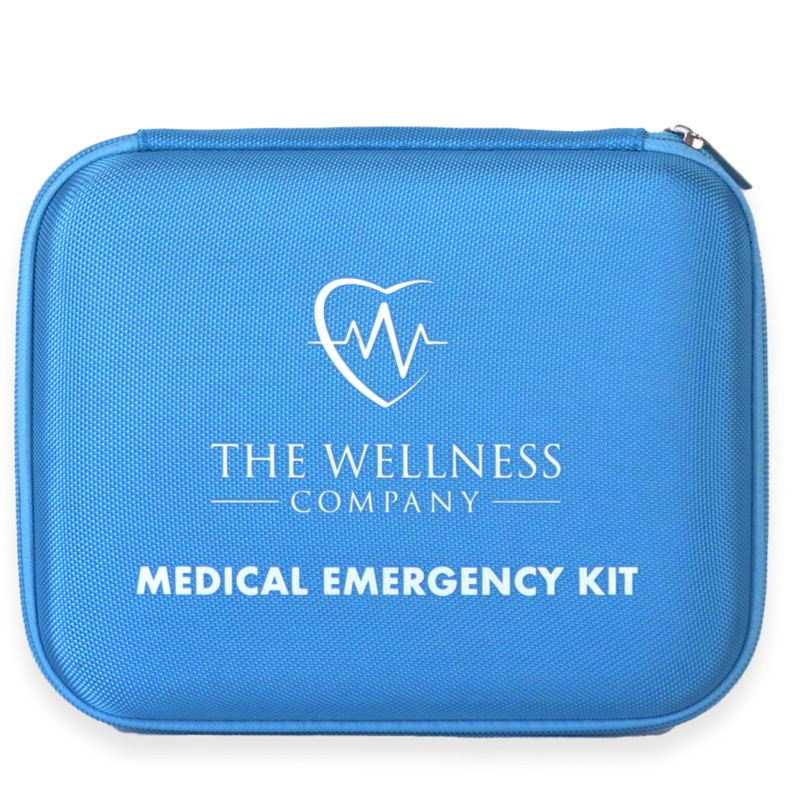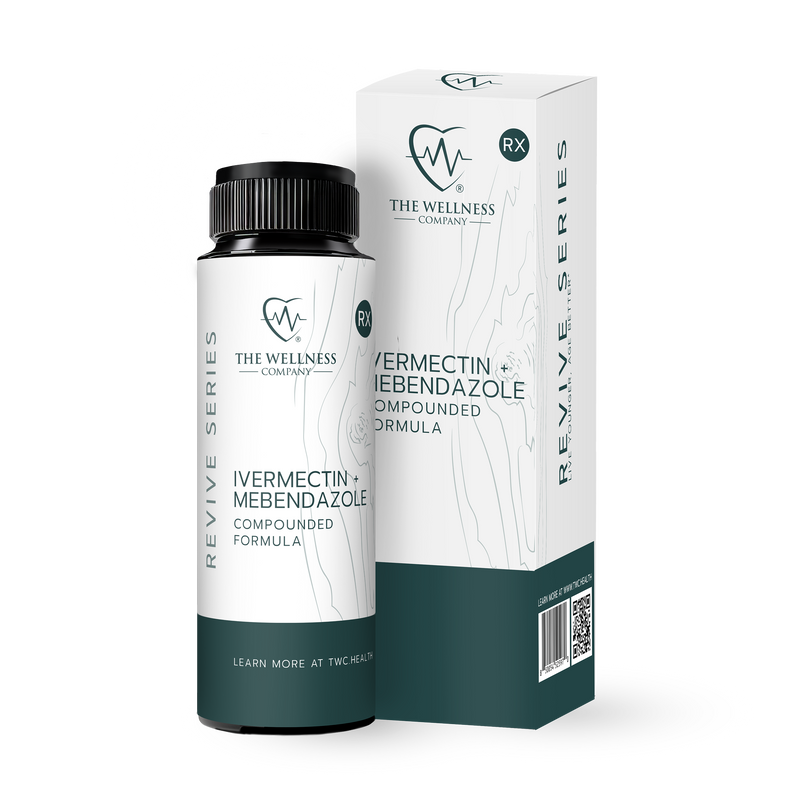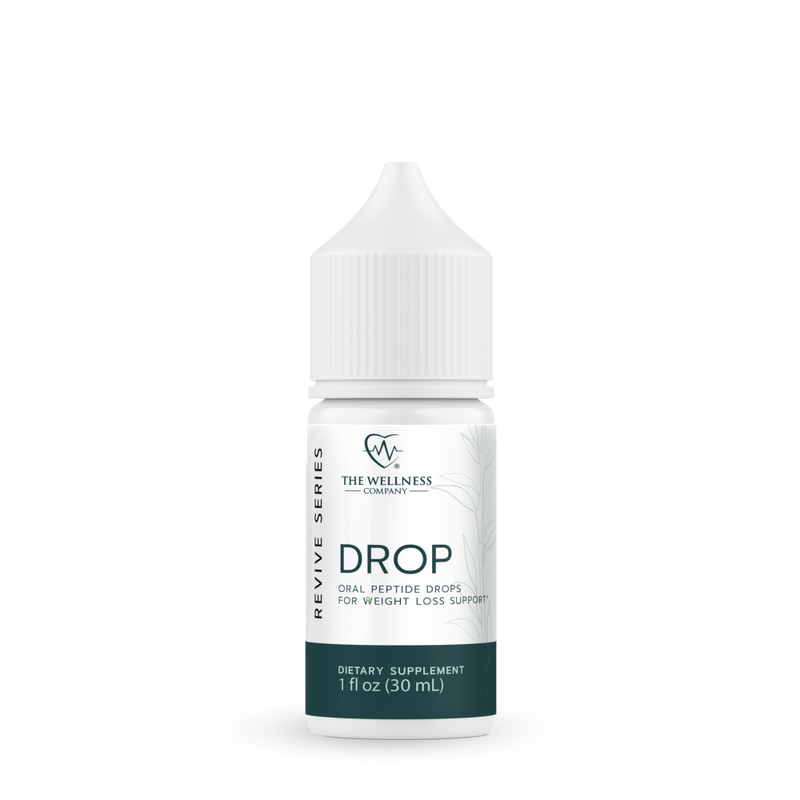To Find Focus and Cultivate Creativity, Embrace Boredom

Our current society has effectively “hacked” boredom. For the first time in human history, we never have to endure it. Our smartphones, and the addictive apps within them, are virtually attached to our bodies at all times. Whenever we feel even the slightest bit bored, we can quickly get a hit of stimulation from our favorite app.
This is a deceptively big problem, for two reasons.
1) Our Attention Spans are DecliningResearch suggests that our collective attention spans are declining and some experts believe that distracting technologies are a contributing factor [1, 2]. This is obviously a massive issue, because accomplishing anything important (or even entering a flow state) requires us to focus on one thing at a time for sustained periods. As distractions become increasingly prevalent, sustained focus is becoming a harder and harder state to achieve. By reaching for our devices every time we feel a hint of boredom, we’re training ourselves to lose the capacity for deep work.
2) We No Longer Daydream
Second, constant stimulation robs us of the idle time needed to allow our minds to wander. While idle time and mind wandering may seem like a waste, it’s actually a critical precondition for creative thinking and problem solving. The type of attention we employ when focusing narrowly on one thing is called spotlight attention. But there’s an entirely distinct mode of focus, called spontaneous attention, in which our mind subconsciously connects ideas, and makes sense of the world.
Research has found that mind-wandering, a form of spontaneous attention, is neurologically similar to dreaming [3], which has been shown to be a sort of “overnight therapy [4]”. If you’ve ever been stuck on a difficult problem, or waffling on a tough decision, and had an “aha!” moment while in line at the grocery store, or staring out the window on the bus, this is likely the result of your brain working behind the scenes to process information, form connections, and arrive at solutions. If your brain is subject to a never-ending onslaught of new information, it never has the space to do this important work.
The Bottom Line
In a world obsessed with being, doing, and learning more, being told to consciously consume less information may seem like strange advice. But if you want to retain your ability to focus and enhance your creativity, it’s a great place to start. Create empty space in your schedule. Allow your mind to wander. Embrace a little boredom.
Video: Writer and theoretical computer scientist Cal Newport outlines the utility of boredom for optimizing productivity. His book Deep Work expands on this topic.
References
[1] Lorenz-Spreen, P., Mønsted, B. M., Hövel, P., & Lehmann, S. (2019). Accelerating dynamics of collective attention. Nature communications, 10(1), 1-9.[2] Apter, T. (2022). STOLEN FOCUS: Why you can't pay attention. TLS. Times Literary Supplement, (6198), 25-26.
[3] Christoff, K., Irving, Z. C., Fox, K. C., Spreng, R. N., & Andrews-Hanna, J. R. (2016). Mind-wandering as spontaneous thought: a dynamic framework. Nature Reviews Neuroscience, 17(11), 718-731.
[4] Walker, M. P., & van Der Helm, E. (2009). Overnight therapy? The role of sleep in emotional brain processing. Psychological bulletin, 135(5), 731.














